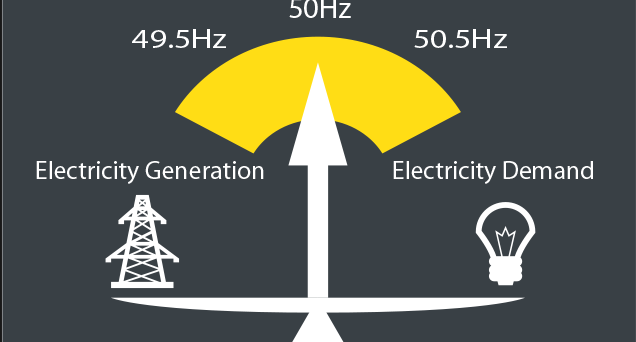Generating Energy Revenue
by Joe Gomez, Head of Energy & Sustainability, CBRE EMEA

Originally published on LinkedIn
Despite being fundamental to every industry, energy is often an afterthought in many operations. Relegating Energy Management to the edges of operational and cost efficiency considerations is leaving the opportunity to generate additional revenue and reduce spend, on the table.
Offering the standard selection of Energy Management services for Occupiers needs a rethink. Energy Management is more than simply ensuring the organisation’s utility procurement strategy is securing the cheapest prices, that bills are accurate versus consumption and energy management practices are embedded to minimise operational consumption itself.
As well as being significant consumers of energy, occupier organisations are known in the industry as potential providers of ‘flexibility’ i.e. Having the ability to enter into programmes, available through the National Grid, to be flexible with their power and energy needs, and so offer up to the grid surplus equipment load they are not using, when the grid is experiencing heavy use, or ‘grid stress’.
This area of the energy management industry is known as ‘Demand Side Response (DSR)’ and offers significant opportunity for Businesses to generate revenue, besides supporting the objectives of utility spend and carbon emissions reduction.
DSR is all about intelligent energy use. ‘Demand Side’, specifically refers to services that enable businesses and consumers to turn up, turn down or shift their power needs (or power demand) in real-time. This is a really important tool to help The Grid ensure a secure, sustainable and affordable electricity system. It can help soften peaks in demand and also fill in the troughs, especially at times when power is more abundant, affordable and clean.
There are a number of different programmes available to participate in under the right conditions and they can be grouped into 4 main areas;
- Fast response grid balancing services – load shedding within 30 seconds or less
- Reserve energy balancing Services – longer response times and load turn-up programmes
- Guaranteed capacity programmes – pre-planned load shedding programmes
- Peak avoidance – shifting load away from peak demand times and peak distributions charges
There are also programmes which are designed to be soft introductions into DSR that can help businesses get into this space.
The CBRE Energy & Sustainability Team can help Organisations access these DSR opportunities and identify combinations that work best for them.

